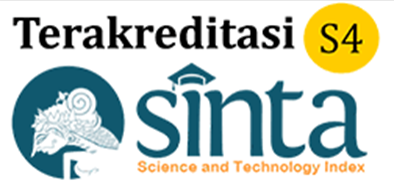Nilai-Nilai Kepemimpinan Tradisional dalam Upacara Wu’u Nuran: Studi Etnografi Kepemimpinan Publik di Desa Balawelin, Flores Timur
DOI:
https://doi.org/10.24036/publicness.v4i2.279Keywords:
Values, Leaderships, PublicAbstract
The Wu’u Nuran ritual is a five-yearly traditional ceremony that is carried out by Balawelin community in the West Solor Sub-district, East Flores regency. This research is intended to find out the stages, values, and meaning of Wu’u Nuran ceremony, and the contribution to the role of public leadership. The research is conducted by using the descriptive qualitative method and ethnographic approach. The informants are determined by snowball sampling technique. Furthermore, the data collection is used by the interview, observation, document study, and analyzed with the qualitative descriptive technique. The result of the research shows that there are three stages. They are (1) preparation, (2) planting, and (3) Wu’u Nuran celebration. The value and meaning of the tradition include religious value, social value, educational value, and socio-cultural value, and the tradition is the medium to unite the community in the village. The Wu’u Nuran traditional ceremony still has carried out until today as a form in respecting to the ancestors of Balawelin village, also as a form of traditional customs preservation that is inherited from generation to generation.
Downloads
Published
Issue
Section
License
Copyright (c) 2025 PUBLICNESS: Journal of Public Administration Studies

This work is licensed under a Creative Commons Attribution 4.0 International License.












